9 Signs We’re Already Living in a Dystopian Universe
Is it the end of times or does it just feel like it?
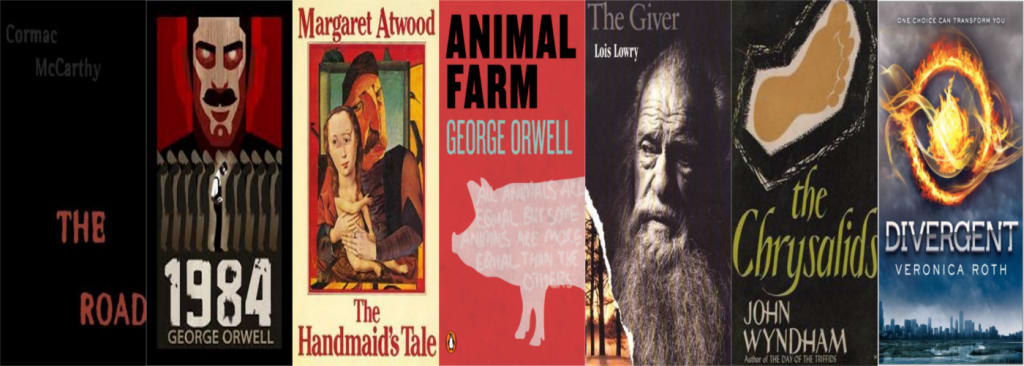
Totalitarianism. Fascism. Authoritarianism.
It is safe to say that times are looking fairly bleak in the year of 2017. These are all words that have surged in use by the media this past year and much of it is due to the dark political climate sweeping across the planet as of late.
But it also seems so familiar, doesn’t it? Almost as if we’ve read about this already. That’s because we have.
Dystopian fiction is a genre of literature that has picked up in recent years with large scale depressing visions of the future being mass produced in Hollywood including such big names as The Hunger Games and Max Max.
These dark prophecies have been put in place to warn us of impending tragedies before they happen. They envision key mistakes made along human trajectory based on trends in reality which could lead us down the wrong path.
And between the fall of democracy, the ignorance of human rights, and the denial of scientific advancement, now is looking like an especially good time to revisit that copy of George Orwell’s 1984” sitting on your bookshelf to help you prepare.
So before it’s too late, let’s learn from these nine signs that the end times are already upon us.
9) Our disdain for the poor.
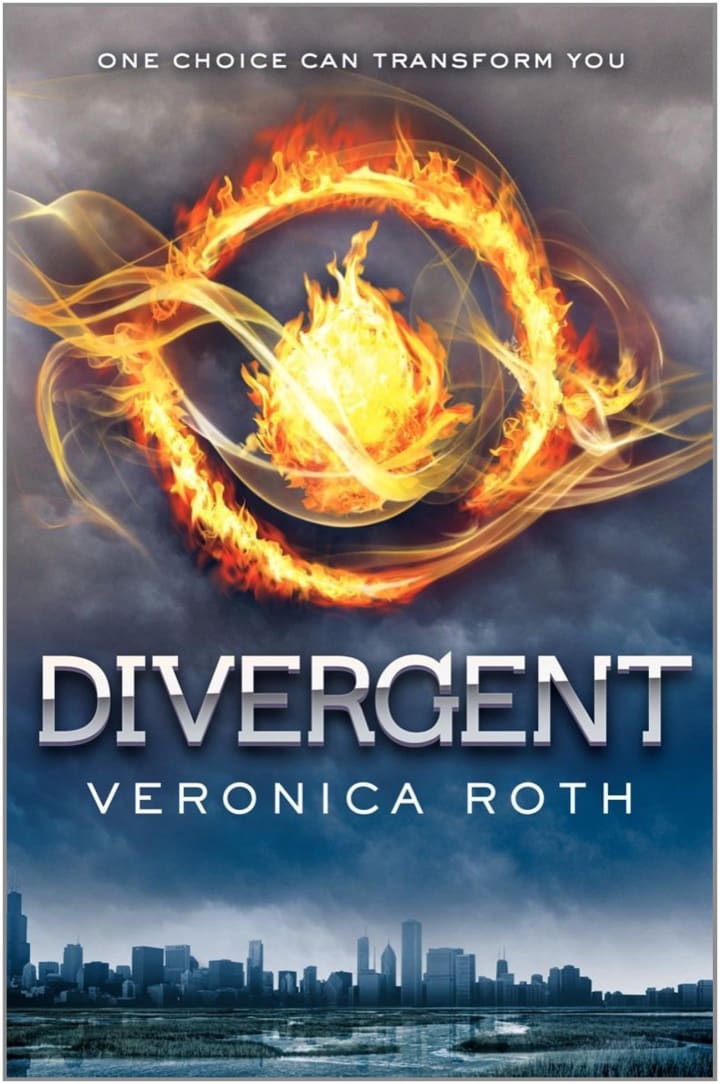
In Veronica Roth’s Divergent series, individuals are divided from one another at a young age to fulfill one of five roles in a caste-like structure. But when they feel they can’t continue or if they are not strong enough to make the final cut, rather than placing them into another area of expertise, they are cast aside to join the “Factionless” — a group of homeless youth and adults who rely on the kindness of the Abnegation Faction to survive.
Sounds horrible, right?
Well, it also sounds very much like what is happening around us right now.
In large cities, homelessness is a problem that seems impossible to do away with entirely. Poor individuals request spare change on sidewalks while busy middle-class workers must walk past in a hurry to get to where they need to be. Governments have addressed the issue recommending potential solutions such as additional shelters to hide them from the world but until a system is in place to ensure human beings each are given enough to survive and afford a place to live, homelessness is not a problem that will go away overnight.
8) The Earth’s surface is likely going to dry out.
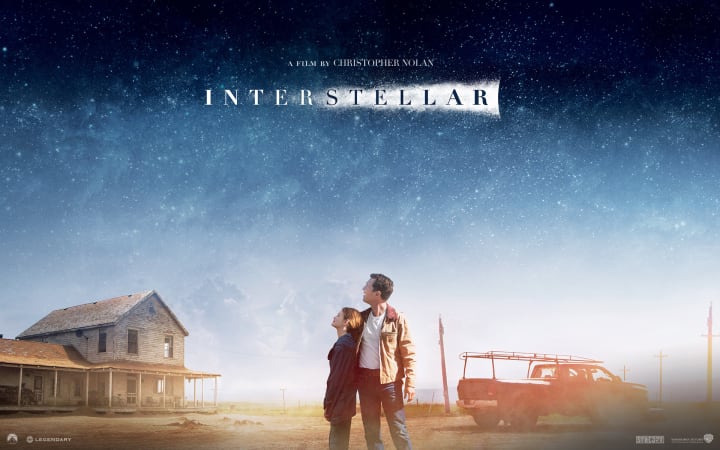
Over 97% of scientists agree that global climate change is real. It is even predicted that some parts of the planet will be uninhabitable by the end of the century. Yet we refuse to act on any significant change. President of the United States, Donald Trump, has even gone so far as to pull out of the Paris Climate Change Agreement on grounds that it is “unfair” to the United States.
In 2014 Oscar-nominated film, Interstellar, Matthew McConaughey and Anne Hathaway play characters living in a decimated landscape. Crops catch fire spontaneously, dust storms are on the rise, and humanity relies on intergalactic space travel to find a new planet that can host us.
Let’s hope it doesn’t come to that but time is ticking.
7) Humans have become oblivious to their own evil.
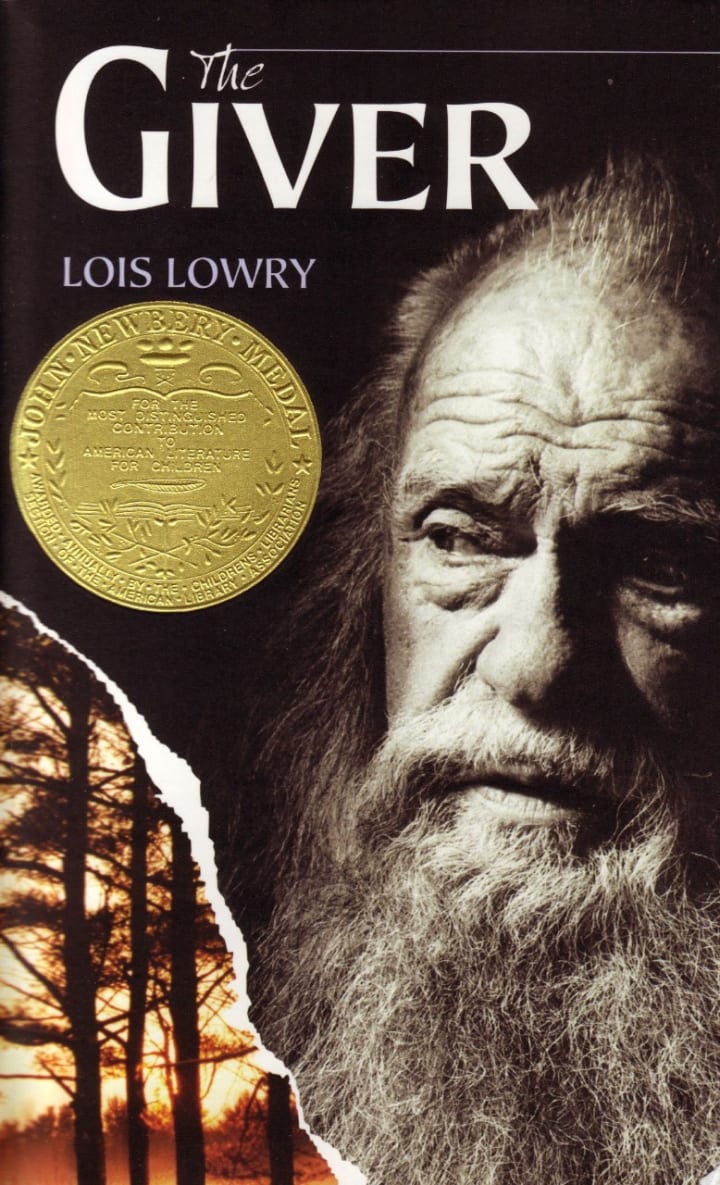
In Lois Lowry’s 1993 classic, The Giver, human beings live in a state devoid of colour and memory. This is all beautifully exacted in the name of structure. In a world where there are no feelings, there can be no pain. With no pain, we are all obedient and safe.
But the world we know does exist with pain and most of the time, we are just too scared to see it. We’re aware of many of the problems affecting others including poverty and hunger, yet we choose to dwell more on our minute concerns such as which restaurant we want to order from on Ubereats. The same can be said for the problems of both the future and the past. We know that North America was taken from the indigenous and that was something inherently wrong. But is anyone going to give it back anytime soon? Ehhhh...
6) We lack empathy for the lives of others.
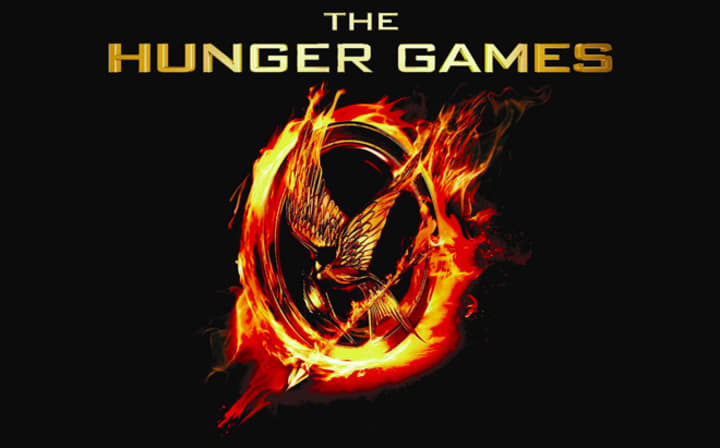
Suzanne Collins’ brilliant trilogy, The Hunger Games, paints an elaborate portrait of a land divided into 13 districts. As retribution for a siege mounted 74 years prior, two tributes between the ages of 12-18 are sacrificed annually to fight to the death on television for onlookers to enjoy.
Based on reality television shows like Survivor and Big Brother (which was based off of another dystopian tale), the concept doesn’t seem like a very far stretch. We love watching others go through hardships. We feed into celebrity gossip. And we’re always the first to tweet about these human beings in derogatory fashion because we know that we’ll likely never be in the same room with them again. But just consider, when Britney Spears experienced a real mental health crisis in 2007 and shaved her head, were you one of the ones laughing or did you defend her?
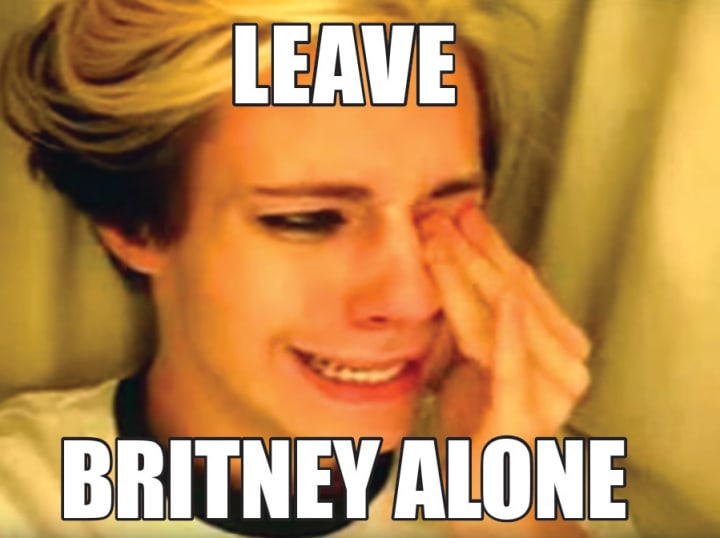
5) We are living in a state of fiction.
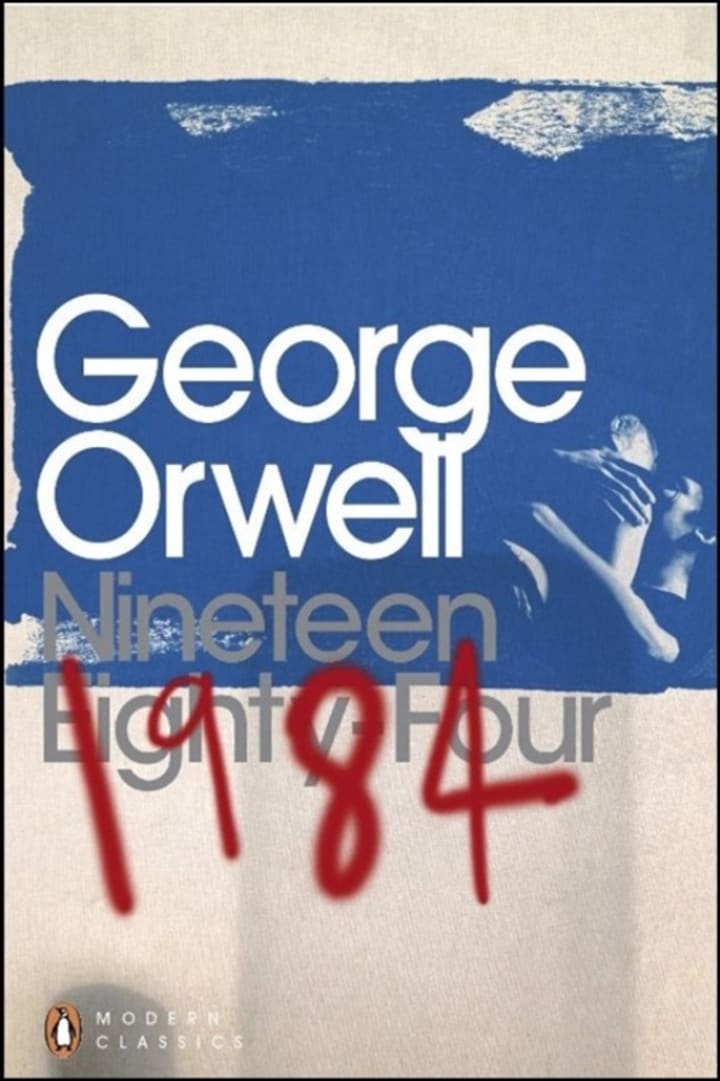
1984 is George Orwell’s signature dystopian novel. It is the story of Oceania, a superstate which controls the media and inverts the truth with contrary language. In a world where “war is peace, freedom is slavery, and ignorance is strength”, the main character’s job is to falsify past newspaper articles so the government may essentially rewrite history to fit their needs.
In a time before the internet where documentation was readily available, this terrifying conspiracy theory could have been true. The truly terrifying part is that it kind of was. We all know that history is written by the victors; apparently, so does the President of the United States’ advisor. How else could “alternative facts” ever be suggested as a viable rationale to making up a massacre for political gain?
4) Absolute power corrupts absolutely.
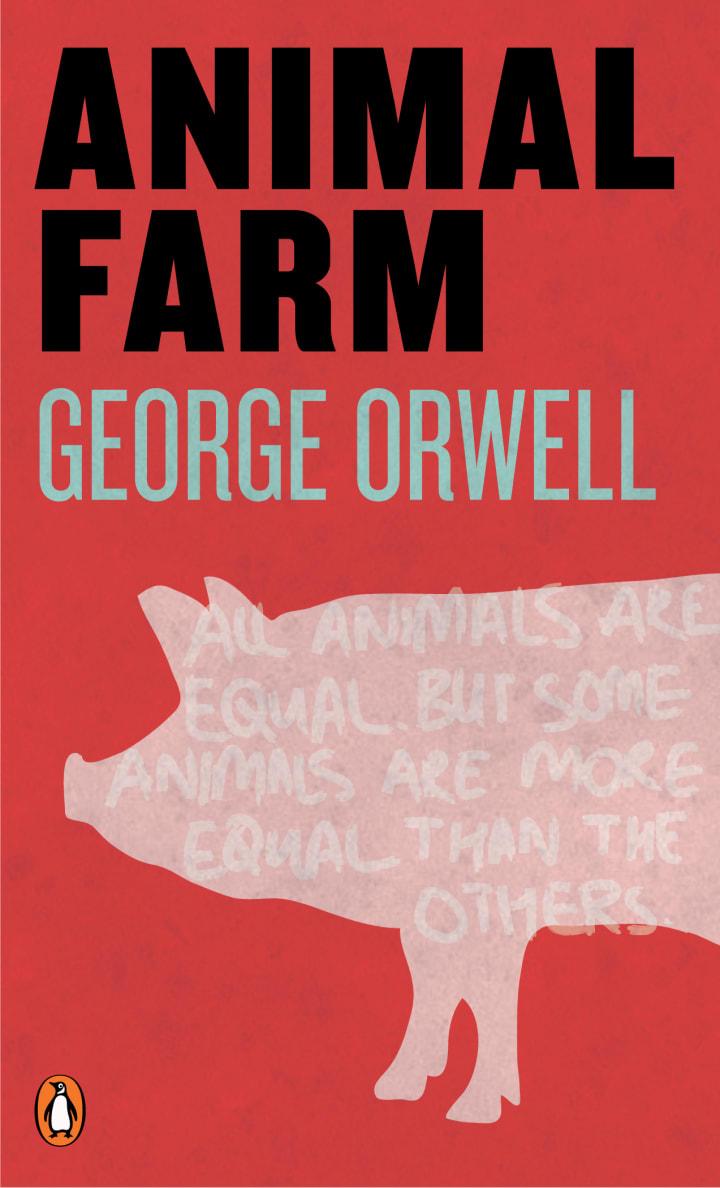
In George Orwell’s *other* smash novel, Animal Farm, a group of pigs mounts an assault for revolution on the farmers on the inspirational grounds of equality for all animals. It isn’t long before one of the pigs decides he wants all the power to himself and quickly overthrows the other, smearing his name just to remain the authoritarian leader.
There are a lot of parallels here to the real world. See Adolf Hitler for one. If you want a more modern example, let’s just say that politics haven’t changed very much in 80 years.
3) Humans shun progress.
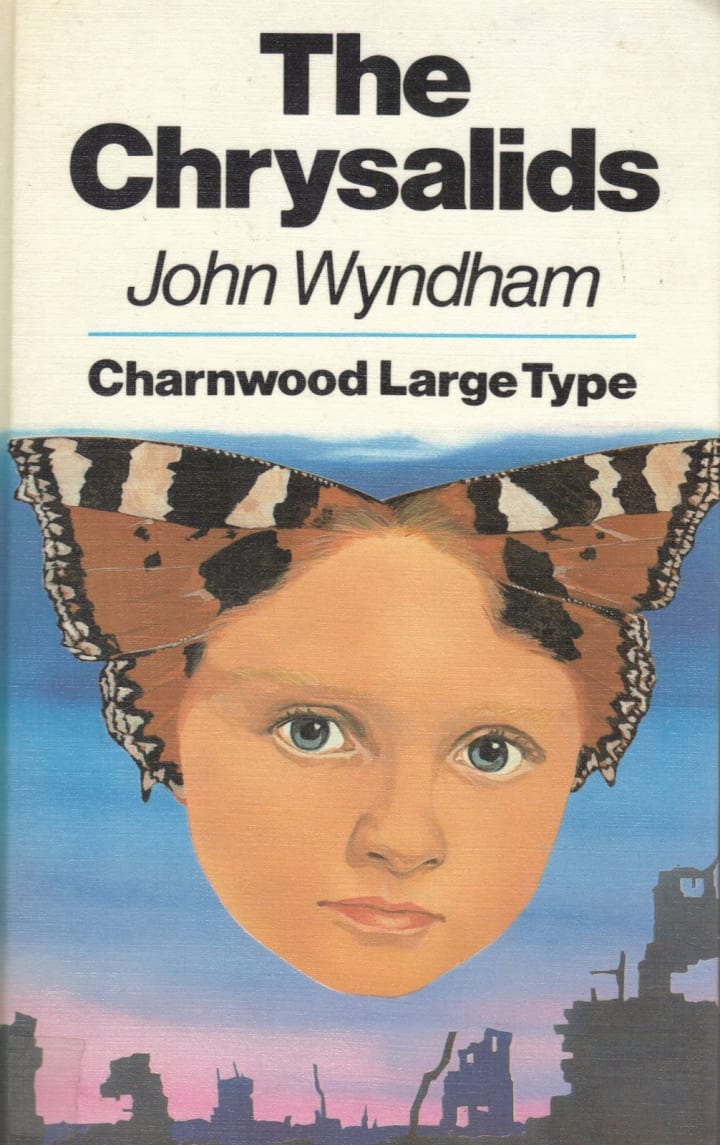
Humans crave familiarity. That’s why society looks surprisingly similar to the archaic realms that existed thousands of years ago. We like structure and we like to see things we recognize.
So in The Chrysalids, John Wyndham’s novel about telepathic human evolution, it comes as no surprise that the remainder of society seeks to banish or kill anyone who is different from them.
Geez, it’s almost like in 2017, we’re still trying to pretend that homosexuality is unnatural and that transgendered individuals are sexual predators out to attack people in bathrooms. After all, if it doesn’t affect you in any way, shape, or form, it should probably be illegal.
2) Equality ≠ Fair Representation.
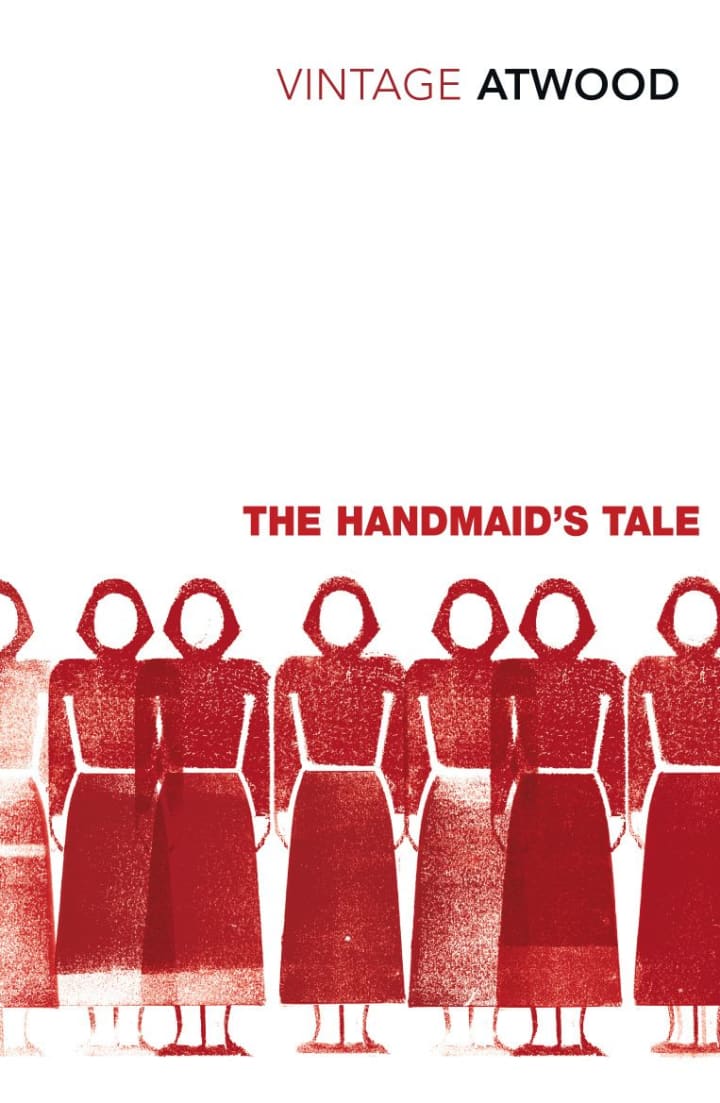
One of the biggest dystopian stories of the year is Margaret Atwood’s feminist classic, The Handmaid’s Tale. Set in a post-nuclear world where not all women have the ability to procreate, those who can are forced to become handmaids, tools used only for their reproductive organs. They are brought into the bedroom to engage in some cultish phenomenon where the wife watches as her husband rapes the handmaid against her will.
Feminism has come a long way in the last hundred years but don’t let the illusion fool you, there is still much work to do before the word “equality” catches up with how we see it enacted in society. Women still don’t receive equal pay for the same jobs and there’s yet to be a female president of the United States. “But her emails,” a faint voice calls in the distance.
1) An apocalypse is inevitable.
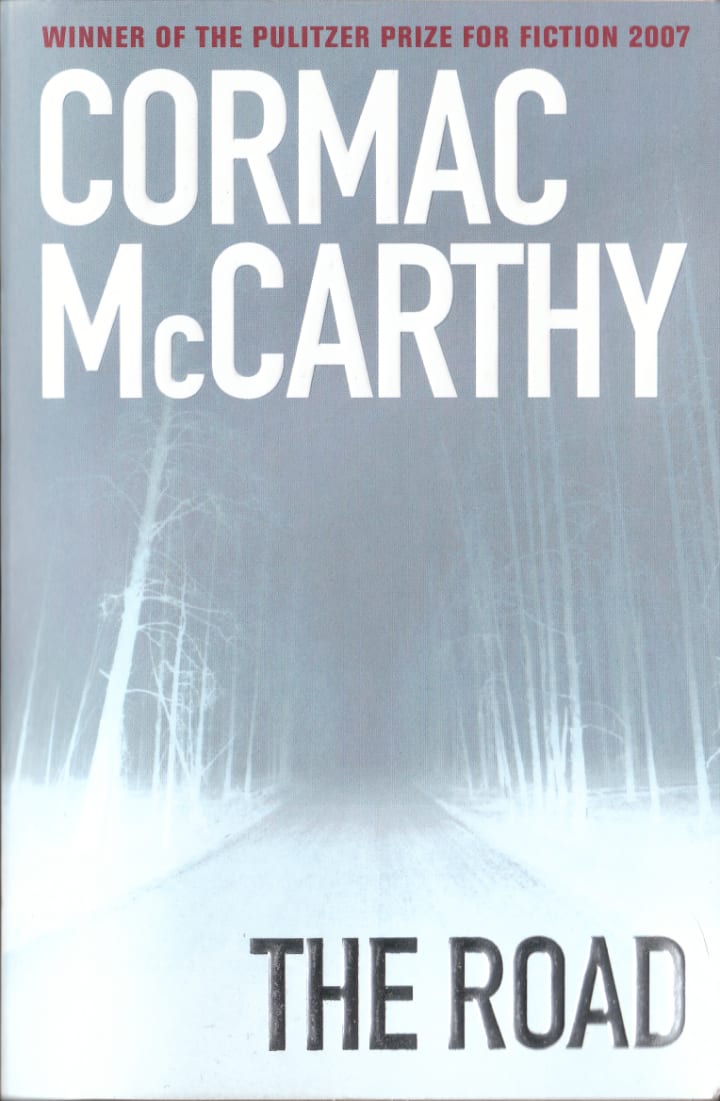
This one goes out to the nihilists out there. Cormac McCarthy’s The Road is a bleak tale of what happens after some tragedy destroys the world. The reader never discovers what causes the events but what we do know is that human nature will turn us against one another. Few will seek to retain their humanity while others become cannibals seeking only to stay alive.
The world as we know it in 2017 is dark. We cover it up with things to distract ourselves from the terrible occurrences we know are waiting for us. Perhaps, it’s a defence mechanism or perhaps we’re just living in ignorance. Regardless of what it means, there is still time to stop it. As a society, we need to remember what is truly important and put aside our differences (whether they be race, sexuality, gender, religion or class) to work together and enjoy life for as long as we can. After all, the alternatives aren’t the most promising stories we’ve looked at.
What do you think? Was there any dystopian tale missed with a lesson we could learn from today? Mention it in the comments below!
Are you looking for more dystopian fiction?
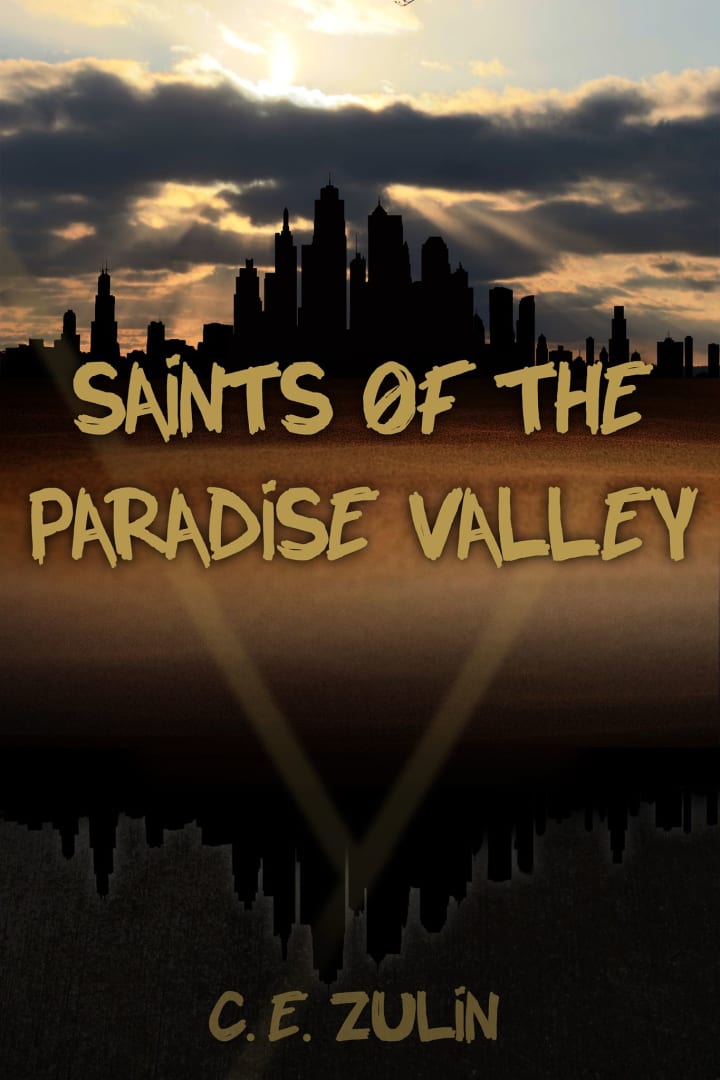
C.E. Zulin is the author of Saints of the Paradise Valley, the gripping story of Starseed, a seventeen-year-old girl looking for answers in a world that provides none. Caught in between a war between traditionalism and science, will Starseed be able to find her parents and at long last, Paradise?Learn more at here and look for SOPV in the Amazon or Kobo bookstores.
About the Creator
C.E. Zulin
Rockstar. Author. Blogger.
Fan of Dystopian Fiction like "The Hunger Games"? Check out "Saints of the Paradise Valley" at https://www.facebook.com/saintsoftheparadisevalley/

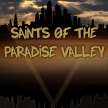
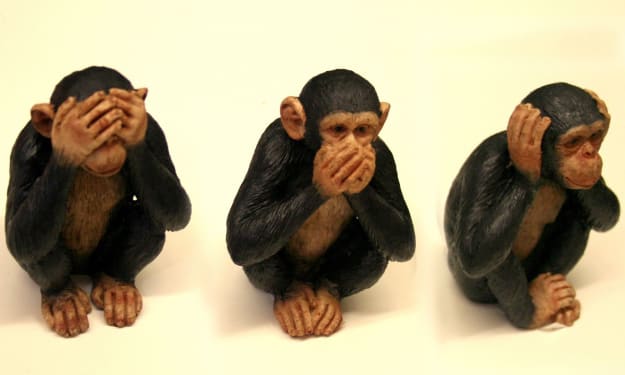


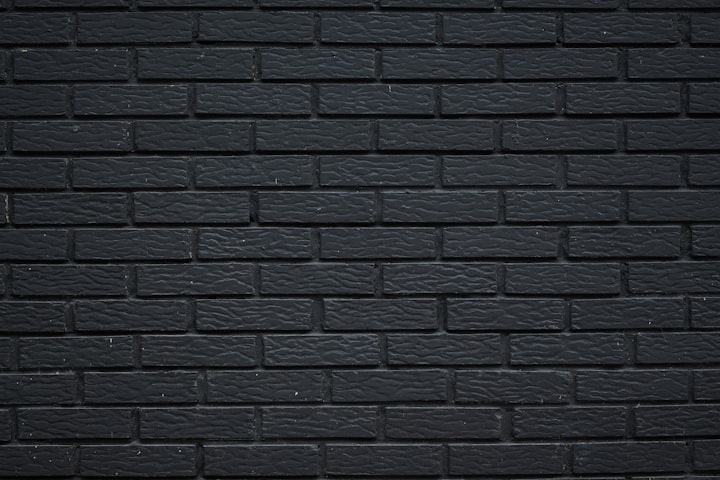
Comments
There are no comments for this story
Be the first to respond and start the conversation.